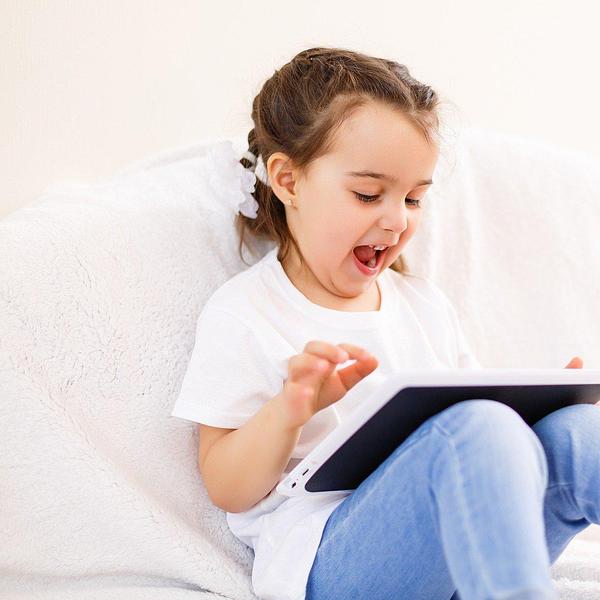
Researchers form the Faculty of Humanities, Education and Social Sciences investigated how 4 teachers and 8 children used iTEO to further the learning of languages in preschool and in Years 1 and 2. They observed how the language practices and the children’s oral performances changed over time. The focus was on non-native Luxembourgish-speaking children but given the collaborative nature of storying on iTEO, Luxembourgish-natives were investigated as well.
Picture Credit: Photo by pixabay.com
***
The iPad App iTEO is a learning and teaching tool that records and edits oral language. It facilitates children’s collaborative, exploratory and open-ended language learning and allows them to draw on their diverse language repertoires. During the project, children used the app to tell stories in multiple languages, record documentaries, create bilingual dictionaries with pictures, and practise language skills.
This longitudinal study (2013 – 2017) with data collected over two years used several qualitative research methods to gain insights into the learning processes and teaching practices. Findings deepened our understanding of the ways in which children aged 4 to 7 used and developed Luxembourgish, German and French when languaging on iTEO. In addition, they helped develop sound pedagogical practices for furthering the learning of multiple languages. Among the many outputs are educational videos illustrating that children developed language skills through collaboratively constructing stories and other oral texts while listening attentively, using multiple languages consciously, imitating, transforming utterances, practicing and reflecting on their language use. Their practice of translanguaging was frequent, regular and purposeful.
The project was headed by Claudine Kirsch
iTEO project team: Claudine Kirsch, Gérard Gretsch, Asuncion Bes, Laurence Di Letizia
Project was funded by:
